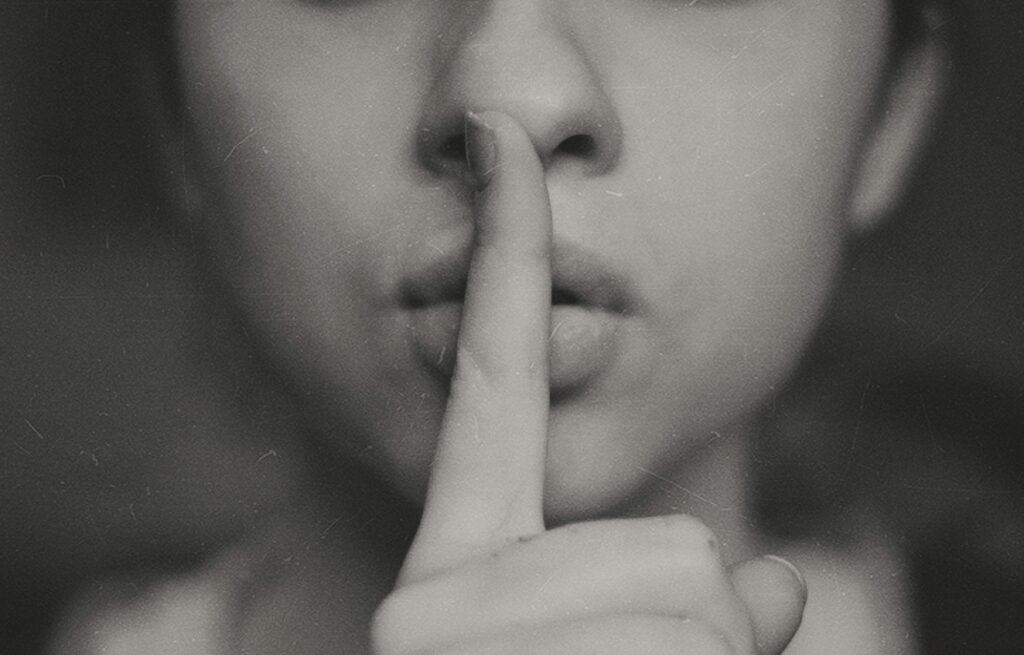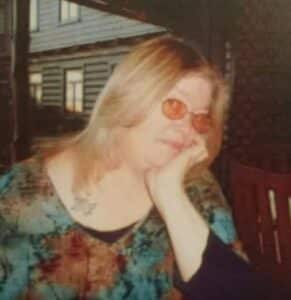
Women Lead at the Ballot Box, And Lawmakers Are Trying to Change That
By Erin Carden
It’s no secret that women are the backbone of our democracy.

By Erin Carden
It’s no secret that women are the backbone of our democracy.
Voting at higher rates than men since 1980, women continue to drive our voting population. Their voices shape our lives and communities—from the price of groceries to the quality of our schools. Women are making and breaking history every single day—but lawmakers are still trying to suppress their power by passing unnecessary and harmful voter ID laws.
In 38 states, registering to vote may not be enough—voters are also asked or required to show a specific ID to cast a ballot. An estimated eight out of 10 women change their last names when they get married or divorced, meaning the ID they provide to vote might not match the name they originally registered to vote with, sometimes many years ago.
This means that millions of women may not have the ID they need to vote—and the situation is only getting worse. House Republicans kicked off 2025 by introducing the SAVE Act, a voter suppression bill that would require all Americans to provide documents proving their citizenship (like a birth certificate) to register to vote or update their voter registration. Over 60 million American women—like Linda— have changed their name after marriage and don’t have a birth certificate that matches their current legal name.

That’s over 60 million American women who could be disenfranchised under the SAVE Act.
This is a deliberate and well-funded effort to silence the majority of our nation’s voting population because lawmakers are afraid of the power their votes and voices can have on our democracy.
At VoteRiders, we make it our mission to fight back. Since 2012, we’ve teamed up with over 2,000 organizations across the country to help voters navigate the harmful and utterly confusing barriers to the ballot box. From single mothers, unhoused women, domestic abuse survivors, trans women, and more, we’re making sure all women have what they need to keep fighting for the freedom to vote.
The League of Women Voters (LWV) has been a beacon of activism since 1920, when white women first won the right to vote through the passage of the 19th Amendment. We’re honored to work alongside LWV in many states to make sure voters believe in the power of their vote and have the resources they need to make their voices heard.
Ahead of the 2024 general election, our North Carolina team partnered with the LWV of Charlotte-Mecklenburg to provide free voting information and assistance to women at Dove’s Nest, a women’s addiction recovery center. Many of the women there had never voted before and didn’t have an acceptable ID to cast a ballot under North Carolina’s voter ID law. Together, our North Carolina Organizer worked with the LWV of Charlotte-Mecklenburg to help Dove Nest residents register to vote and equip them with a free North Carolina state ID.
The barriers that voter ID laws create can be especially difficult to navigate for trans women. While no state’s voter ID law includes gender marker requirements, trans voters can face discrimination and harassment when trying to vote, especially if their gender presentation or name varies from their ID or original voter registration.
We’re committed to helping trans women secure the ID they need to live and vote with pride. In North Carolina, we work with the LGBT Center of Raleigh, a community center that serves and empowers LGBTQ+ individuals in Raleigh, North Carolina. Through this partnership, we help trans women like Deana track down and pay for essential ID documents and can also help some voters update their name and gender marker on their state IDs, depending on their state’s regulations.
For well over a decade, trans-Americans could update their gender markers on their passport—making them a reliable form of ID not just for traveling, but for everyday life. However, hours after the new administration took office on January 20, 2025, the president issued an executive order stating that the federal government now recognizes only two sexes—male and female— eliminating the X gender marker as an option on passports and suspending its passport policy that allowed transgender, intersex, and nonbinary Americans to update the sex field on their passports.

We vehemently reject this attack on the rights and existence of trans-Americans. We’re working closely with the LGBT Center of Raleigh and other partners across the country to help folks navigate these changes and figure out the best ID options for them.
Voter ID laws also disproportionately affect women who are already facing significant challenges. Many survivors of domestic abuse, for example, have to leave all of their belongings behind (including their IDs) when fleeing an abusive situation. Our North Carolina team works with domestic abuse treatment centers like Safe Alliance to help women like Shakeena get the IDs they need to secure safe housing and rebuild their lives.
Our work also involves supporting unhoused and incarcerated women, ensuring they can obtain the IDs they need to vote and access vital services. In Wisconsin, for instance, our team works with the Milwaukee Salvation Army Emergency Lodge to help unhoused mothers like Denesha obtain birth certificate copies and other ID documents they need to apply for housing assistance.
Texas already has a restrictive and confusing voter ID law, and the recently introduced Senate Bill 16 (SB 16) could make voting even harder for millions of Texans—especially women. If passed, SB 16 would require all Texas residents to provide documentary proof of citizenship to register and vote in state, local, and presidential elections. This unnecessary requirement would disenfranchise hundreds of thousands of eligible voters in Texas, disproportionately affecting women and other marginalized groups.
Recently, our Houston State Director testified before the Texas Senate, highlighting that as many as 1.3 million Texans may not have easy access to documents proving citizenship—like a birth certificate or passport. To fight back, we’re working closely with the LWV of Houston and other partners to make sure voters across the state are aware of the barriers SB 16 could create and know where to turn for free help getting their citizenship documents.
Aside from preparing organizations and voters for the potential passage of SB 16, our Texas team is also busy co-hosting Letter-Writing Parties with the LWV of Texas to educate Texans on upcoming elections and what kinds of ID can be used to vote in the state. As May municipal and school board elections draw near, we’re planning more Letter-Writing Parties to mobilize supporters and volunteers from across the country to deliver essential voter ID information and help to Texans who likely don’t have an acceptable ID to vote.
LWV of Montgomery County is also a close partner in Texas, distributing our Voter ID Information Cards—pocket-sized guides to what types of IDs are accepted to vote in each state—at all of their voter registration events. In 2024, the Montgomery County LWV held over 80 GOTV events across the state, reaching voters at libraries, food banks, schools, and more. They also host “Hot Topic Lunches,” where our Houston State Director will soon lead a conversation on how our free ID services can empower voters in diverse communities throughout the state.
In addition to our work fighting voter suppression bills in Texas, we’re also joining the LWV of Wisconsin to oppose the effort to enshrine the state’s existing voter ID law into the state constitution. If passed, the state’s voter ID requirements would be permanent, further limiting access to the ballot box for millions of Wisconsinites, particularly women and other marginalized groups.
Through our work with the LWV of Dane County and their Voter ID Coalition, we also implemented a statewide program in Wisconsin to follow up with voters who had to cast provisional ballots because they didn’t have an acceptable ID. Together, we reach out to every provisional voter in Wisconsin to inform them about our free services and our team’s ability to help them get the ID they need to make their ballot count.
The road ahead is rough and uncertain, but we, along with thousands of allies, will be there every step of the way to meet voters where they are and make sure voting remains a powerful tool every American can use to fight for opportunity, justice, and equality.
Learn more about our partnerships and how we can help you empower voters in your community at VoteRiders.org/partner.
Erin Carden is VoteRiders’ Digital Communications Coordinator.
March 25, 2025.